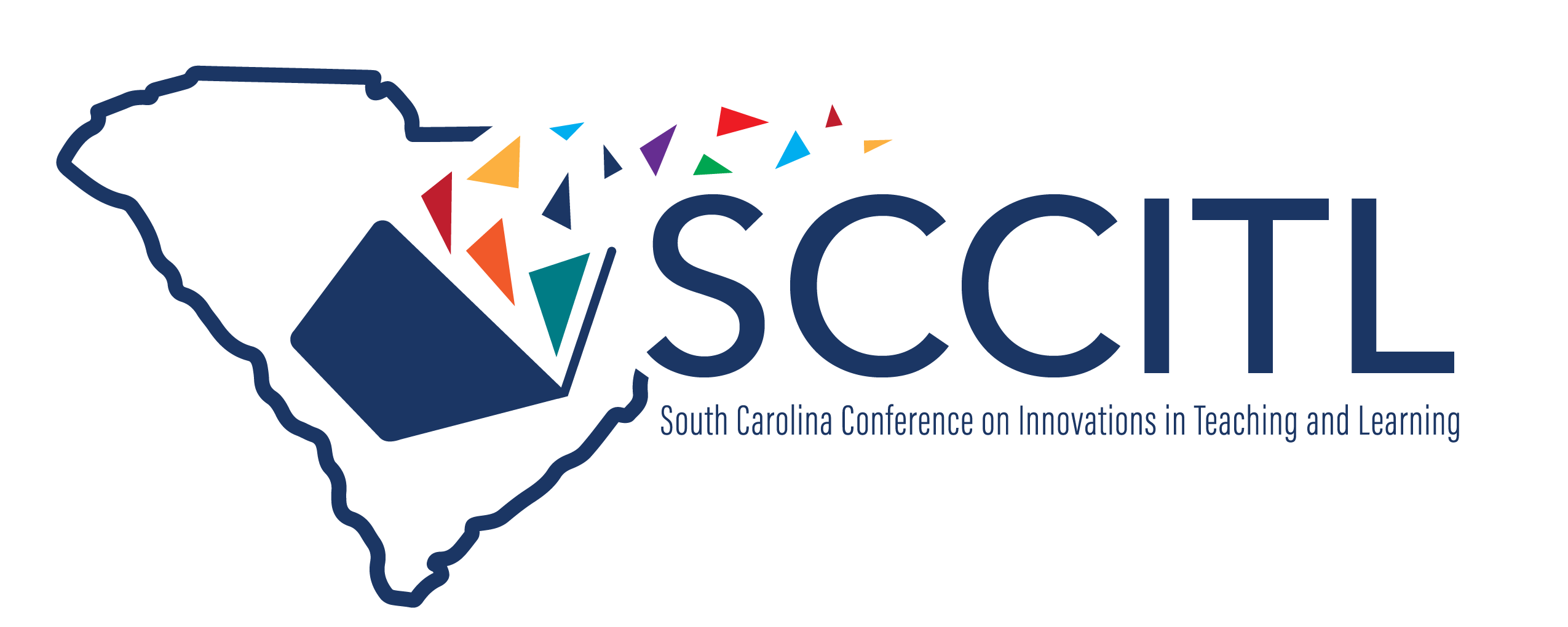Intersections and Intersectionality: Lessons from Establishing a Mock Trial Program at a Public Regional University
Track Choices
Instructional Technology
Abstract
Each year, over 7,300 undergraduate students participate in Mock Trial, reading affidavits and depositions, constructing case theories, writing opening and closing statements, and playing the roles of attorneys and witnesses. As research shows students gain important benefits from participation in Mock Trial, its proximity to the legal profession and law school make issues of race, gender, privilege, and class particularly salient. In 2019, USCA established a Mock Trial program, where students study the American legal system for credit and apply what they learn through competition. This paper explores our experiences developing a program with students differing significantly from the modal Mock Trial participant in age, gender, race, nationality, class, and privilege and including both parents and veterans. We discuss the intersectional challenges our students face, based both on their personal identities and their current class status in an activity designed primarily for white, privileged students, the challenges we face helping them navigate this world, and what we have learned and how we have adapted our program, turning away from the traditional focus on winning points towards teaching about the ethics of the law and the limitations of justice in an unjust society.
Intersections and Intersectionality: Lessons from Establishing a Mock Trial Program at a Public Regional University
Zoom Room 8
Each year, over 7,300 undergraduate students participate in Mock Trial, reading affidavits and depositions, constructing case theories, writing opening and closing statements, and playing the roles of attorneys and witnesses. As research shows students gain important benefits from participation in Mock Trial, its proximity to the legal profession and law school make issues of race, gender, privilege, and class particularly salient. In 2019, USCA established a Mock Trial program, where students study the American legal system for credit and apply what they learn through competition. This paper explores our experiences developing a program with students differing significantly from the modal Mock Trial participant in age, gender, race, nationality, class, and privilege and including both parents and veterans. We discuss the intersectional challenges our students face, based both on their personal identities and their current class status in an activity designed primarily for white, privileged students, the challenges we face helping them navigate this world, and what we have learned and how we have adapted our program, turning away from the traditional focus on winning points towards teaching about the ethics of the law and the limitations of justice in an unjust society.


